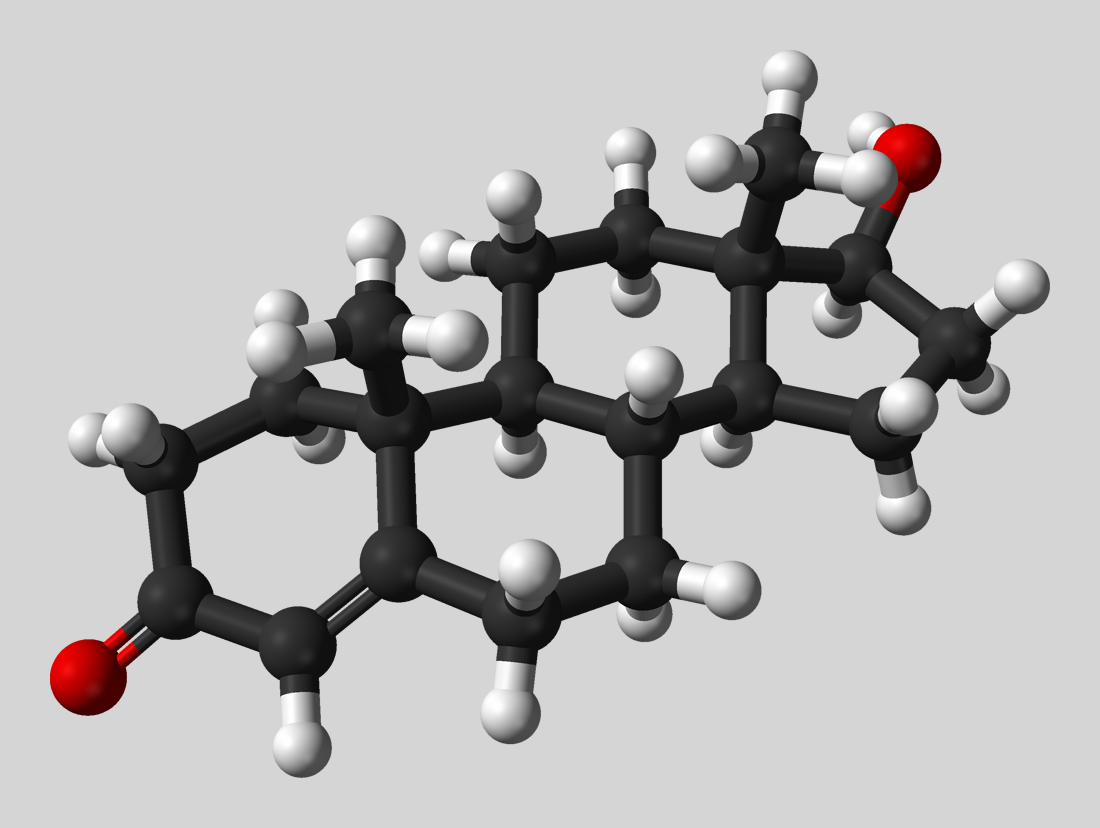Our bodies can make all the fats necessary for optimal health except omega-3s. This primer article gives you an overview of this essential fat and how it plays a role in your health and longevity.
Essential omega-3 fats can only come from our diet primarily from marine sources including fish and shellfish. Nuts and seeds such as walnuts, chia seeds and hemp seeds are also goods source. As an essential nutrient, omega-3s play a critical role in many different parts of the body. Some of these key roles include supporting the structure of your cells, optimizing nerve health, reducing inflammation, and supporting the regulation of different genes.
Omega-3s play a critical role in disease prevention
A recent global study of omega-3 blood status by country has found that individuals in Western countries, including Canada and the US, consume very low amounts of omega-3s from diet and supplements. A low omega-3 intake can cause a deficiency in blood omega-3 levels that is associated with a higher risk of developing chronic diseases including cardiovascular disease, lupus, rheumatoid arthritis, diabetes, and some cancers.
Omega-3s therapy can manage health conditions
Clinical research has found that regular omega-3 nutraceutical uses can help prevent or manage high cholesterol and triglycerides, arthritis, lupus, asthma, neuropathy (nerve damage), depression and more. The three most common mechanisms by which omega-3s can reduce disease risk are from optimizing cell structure, resolving inflammation, and improving blood lipids including cholesterol and triglycerides.
What type of omega-3s should I be taking?
For optimal health, consuming up to 3 grams of omega-3 per day can boost blood levels to optimal. While there are many different types of omega-3s available, clinical-grade products with EPA and DHA are ideal for supporting your health and reducing chronic disease risk.
Your optimum health takeaway
References:
Bazinet R, Laye S. Polyunsaturated fatty acids and their metabolites in brain function and disease. Nature Reviews Neuroscience. 2014;15:771-785.
Browning L, Walker C, Mander A, et al. Compared with daily, weekly n-3 PUFA intake affects the incorporation of eicosapentaenoic acid and docosahexaenoic acid into platelets and mononuclear cells in humans. Journal of Nutrition. 2014;144(5):667-672.
Leitzmann MF, Stampfer MJ, Michaud DS, et al. Dietary intake of n-3 and n-6 fatty acids and the risk of prostate cancer. American Journal 0f Clinical Nutrition. 2004; 80:204-16.
Lewis EJH et al. Baseline omega-3 level is associated with nerve regeneration following 12-months of omega-3 nutrition therapy in patients with type 1 diabetes. Journal of Diabetes and Its Complications. 2021; 35:e107798.
Mozaffarian D, Ascherio A, Hu FB, et al. Interplay between different polyunsaturated fatty acids and risk of coronary heart disease in men. Circulation. 2005; 111:157-64.
Stark K. et al. Global survey of the omega-3 fatty acids, docosahexaenoic acid and eicosapentaenoic acid in the bloodstream of healthy adults.Progress in Lipid Research. 2016; 63: 133-152.






